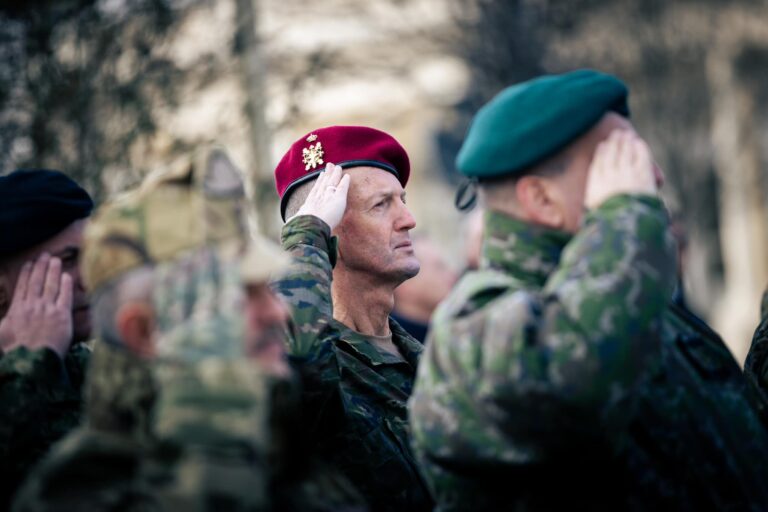NATO
Hungary’s defence minister: Ukraine’s NATO accession not realistic

NATO Central European Multi-National Division Command deployed to Hungary reached full operational capability

PM Orbán and NATO’s Rutte: Hungarian jets to guard Baltic airspace and strengthen defence

PM Orbán in talks with Slovak PM Fico on Ukraine – UPDATE

Attention! You may bump into British military convoys on the Hungarian roads next week!

Ukraine’s bold offer to replace Hungary in the EU and NATO

Russia’s decision: Hungary and Slovakia on the list of unfriendly countries
Hungarian FM Szijjártó: NATO must avoid risking collective defence over Ukraine membership

Hungary and Ukraine negotiate cooperation agreement amid tensions over ethnic Hungarian rights

Revealing survey: What Hungarians truly think about the war in Ukraine

The Telegraph: Washington will store nuclear-capable jets in Hungary – will nuclear warheads come?

Hungarian Foreign Minister says Russia’s 2021 security proposals to end Hungary’s NATO membership acceptable? Ria Novosti interview and denial – VIDEO

Official of Orbán cabinet says they would NOT have defended Hungary in case of a Russian invasion – UPDATED with PM Orbán’s reaction

NATO 75 conference on Hungary and the Future of NATO in Budapest

Putin’s blacklist snubs Hungary, includes Poland among nations of ‘destructive ideology’

Hungarian film inspired by Kabul evacuation starts shooting

PM Orbán: NATO’s task is not to win wars

Hungarian minister: Ukraine NATO membership ‘not subject of realistic discussion’





 ZH
ZH IT
IT DE
DE HR
HR NL
NL FR
FR JA
JA RO
RO RU
RU ES
ES TR
TR
